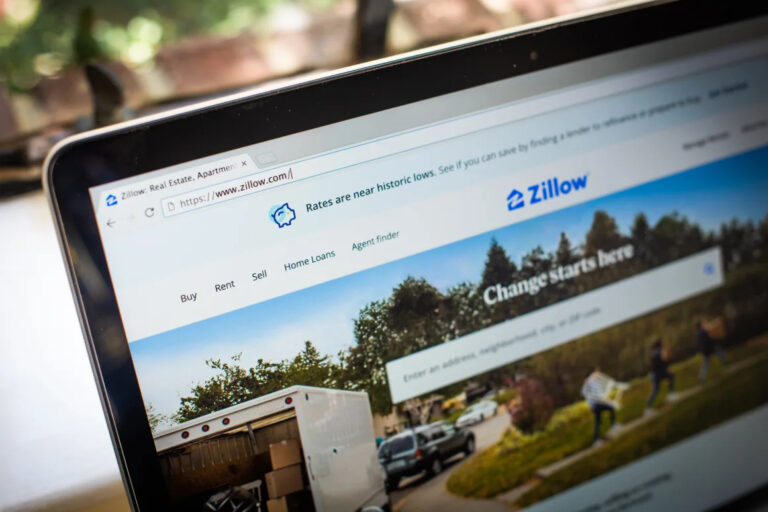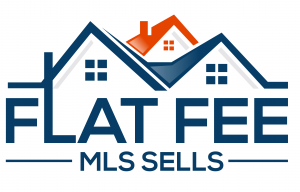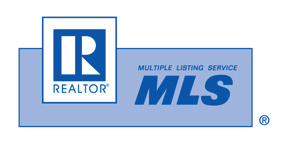
Selling your home without a realtor might sound intimidating, but for many homeowners, it’s a practical way to save money and maintain full control over the sale. Whether you’re comfortable with negotiations or just tired of paying hefty commission fees, understanding how to sell your house without a realtor can help you take the reins and keep more profit in your pocket. From pricing your property right to handling the legal paperwork, this guide breaks down the essential steps to help you confidently list, market, and close your home on your own terms.
Set the Right Price for Your Home
One of the most critical steps when selling your home solo is determining the right price. Use online tools like
Zillow’s Zestimate or Redfin’s Home Value Estimator to get a ballpark figure. Then, dig deeper by researching comparable home sales in your area (also known as “comps”). Overpricing can scare away buyers, while underpricing leaves money on the table. For an in-depth approach, check out our guide on pricing your home accurately. It covers professional valuation tips and common mistakes to avoid.
To get closer to the optimal price, consider:
- Recent sales of similar homes in your neighborhood
- Square footage, features, and upgrades
- Local market trends and buyer demand
Some sellers also hire a licensed appraiser for an unbiased opinion. While it’s an extra cost, it can validate your price for buyers and speed up the negotiation process. Also, remember that your listing price influences buyer perceptions. A home priced correctly from day one is more likely to sell quickly and attract serious offers.

Prepare Your Home for the Market
First impressions matter more than you might think—especially when you’re selling your home without a realtor. The way your home looks from the moment a buyer steps inside (or views photos online) can heavily influence their decision. Start by decluttering every room. Remove personal items, excess furniture, and anything that distracts from the home’s features. A clean, open space helps buyers visualize themselves living there.
Next, invest time in a deep clean. Consider hiring a professional cleaning service to ensure every corner shines. Pay special attention to kitchens and bathrooms—clean grout, polish fixtures, and eliminate odors. Address small maintenance issues like leaky faucets, chipped paint, or squeaky doors. These seemingly minor flaws can signal neglect and may turn off buyers.
Staging your home can significantly boost its appeal. Rearrange furniture to highlight your home’s layout and flow. Use neutral colors, tasteful decor, and plenty of lighting to create a welcoming atmosphere. While professional staging services can be helpful, even simple updates—like fresh throw pillows, strategically placed mirrors, or bright flowers—can make a big impact. For staging inspiration, check out HomeLight’s Home Staging Tips.
Don’t forget about curb appeal. Your home’s exterior sets the tone before buyers even walk in. Mow the lawn, trim bushes, pressure wash the driveway, and consider adding potted plants or seasonal flowers to the porch. A tidy, attractive exterior creates a positive first impression that can carry throughout the tour.
Need a step-by-step checklist to stay organized? Visit our full Home Preparation Checklist to make sure your property is market-ready from top to bottom.
Market your home effectively
Marketing your home on your own is a major responsibility, but with the right tools and strategy, you can attract serious buyers. Start with high-quality photos that showcase your home’s best features—natural lighting, clean spaces, and flattering angles are key. If possible, invest in a professional real estate photographer. Good images are essential for making your home stand out on online platforms.
Next, focus on listing your property on major real estate websites. Zillow, Craigslist, and Facebook Marketplace are essential platforms where buyers actively search for homes. When crafting your listing, write a compelling and honest description. Include key details such as square footage, the number of bedrooms and bathrooms, special upgrades, and what makes your property unique. Mention nearby attractions or schools if applicable.
Social media is also a powerful and free tool. Post your listing on your personal Facebook page, in neighborhood Facebook groups, and on Nextdoor. Encourage your friends and family to share the listing. You might be surprised how often a friend-of-a-friend becomes your next buyer. Offline strategies, like creating flyers or posting signs in your neighborhood, can also help.
The more exposure your home gets, the better your chances of receiving competitive offers. For a more complete marketing approach, check out our Home Marketing Guide.

Handle Showings and Negotiations
When selling your home without a realtor, you are responsible for managing every showing and negotiation. Flexibility is key—potential buyers often want to visit during evenings or weekends. Be accommodating to their schedules, and always ensure your home is clean, well-lit, and welcoming. Small touches like fresh flowers or a light scent can leave a positive impression. Remove personal items and keep valuables out of sight to maintain privacy and safety.
Prepare a property information sheet or flyer that includes your home’s details, such as square footage, number of bedrooms and bathrooms, recent upgrades, and local amenities. Offering this during showings helps potential buyers remember the highlights of your home. It’s also helpful to have a sign-in sheet to track who has toured your property and follow up if needed.
When it comes to negotiations, it’s important to stay calm and professional. Every offer should be carefully reviewed—not just for the purchase price, but also for contingencies, financing terms, inspection timelines, and closing dates. Don’t be afraid to counteroffer or reject offers that don’t meet your needs. It’s also wise to keep communication timely and respectful to avoid unnecessary tension with buyers.
Be prepared for questions during or after showings. Answer honestly but strategically, highlighting strengths without glossing over potential concerns. Transparency builds trust and can lead to smoother negotiations. If you’re unsure how to handle a particular offer or negotiation tactic, consider consulting a real estate attorney or an experienced friend or mentor in the industry.
For more guidance on negotiation strategies and what to expect during this phase, check out our Negotiation Tips for Home Sellers.
Manage the Paperwork and Close the Sale
Selling your home without a realtor means you’ll be responsible for all the paperwork and legal processes typically handled by an agent. It’s essential to understand and prepare the required documents to ensure a smooth transaction and to avoid legal issues down the road. Some of the most important documents include the purchase agreement, property disclosure forms, deed, and title documentation. Depending on your state, additional forms may be required, such as lead paint disclosures or water/septic certifications.
Consulting with a real estate attorney is highly recommended. While not always legally required, an attorney can review contracts, help you understand your obligations, and ensure all documents are accurate and legally binding. Their expertise is especially valuable during closing, where mistakes could delay or jeopardize the sale.
As you approach the closing phase, coordinate with the buyer to complete any necessary inspections, appraisals, or lender requirements. If there were contingencies in the agreement—such as repairs, termite inspections, or appraisal conditions—make sure those are satisfied and documented. Keep all records organized and ready to share if requested.
You’ll also need to work with a title company or attorney to conduct the title search, confirm ownership, and handle the transfer of the deed. They will also prepare the closing statement, disburse funds, and file all final documents. Be sure to read the closing documents carefully before signing and ask questions if anything is unclear.
To simplify this phase and stay organized, check out our full Home Sale Paperwork Guide for a step-by-step checklist of what you need to gather and complete.



